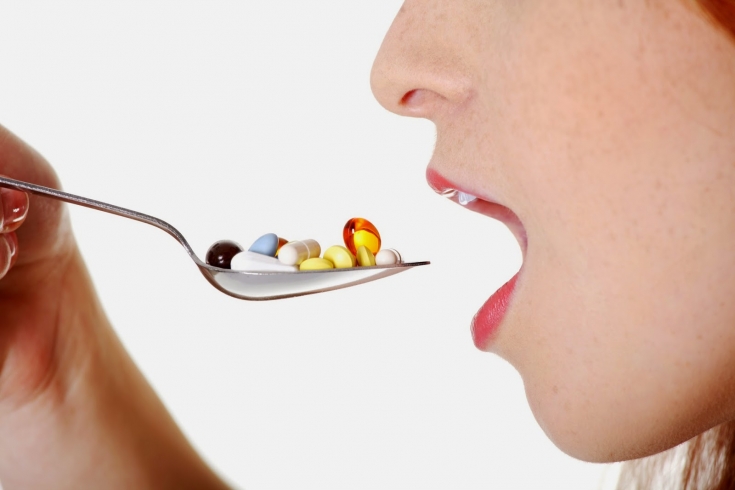Spring hypovitaminosis – This is a condition where the body is deficient in vitamins. The reason may be a lack of one of the vitamins or a number of useful substances. In spring, we must receive more light and heat, the body must be renewed, like the nature around. This is true, but the body needs more resources for this, which it can find among vitamins, minerals and beneficial trace elements. But in the spring, products that contain the substances necessary for the body lose their beneficial properties over the winter. In addition, in winter we often eat foods that have been preserved and long-term heat treatment, and they also become the cause of hypovitaminosis. So how can you avoid it anyway? – estet-portal.com knows the answer to this question.
Why do our bodies need vitamins
Lack of useful substances entails unpleasant consequences: irritability, loss of appetite, rapid fatigue, dry skin, brittle hair, low performance, susceptibility to acute respiratory infections, exacerbation of chronic diseases. To keep your body in good condition and maintain the functioning of the immune system, you need to ensure that the supply of nutrients is optimal.
The lack of certain substances, such as magnesium, can significantly affect health. Most often, there is a deficiency of vitamins A, B1, B2, B6, B9, C.
And now a little about each:
• Vitamin A is needed for metabolism, the formation of bones and teeth, the formation of cells, and also slows down the aging process. It can be found in yellow, green and red fruits, berries and vegetables. Most of this vitamin is found in carrots, pumpkin, spinach, parsley, apricots, liver, butter, fish oil, cream and milk.
• B vitamins are involved in metabolic processes. You can find them in meat, cereal products, eggs, pasta, potatoes, liver and leafy greens.
• Vitamin C is involved in redox processes. There is it in rose hips, sea buckthorn, currants, peppers, cabbage, dill, broccoli,

Following these simple tips, you can avoid hypovitaminosis:1. It is necessary to consume greens and vegetables every day.
2. Try not to cut vegetables and fruits. So vitamins will be preserved better.
3. Instead of fruits that are stored for a long time (apples, bananas), choose frozen berries (raspberries, currants, strawberries, blueberries)
4. Don't soak your vegetables, they lose their health benefits with water.
5. Do not overcook vegetables. To preserve vitamins, steaming and baking are the best cooking methods.
6. If you still need to boil food, put it only in hot water, so you do not allow the activation of a substance that destroys vitamin C.
7. Cook vegetable dishes at once. Reheated vegetables are no longer useful.
8. Eat pickles, not marinades.
Treat yourself with something new in your diet all the time, don't eat yesterday. It would be helpful to learn more about a balanced diet.
don't eat yesterday. It would be helpful to learn more about a balanced diet.
It is important to remember that no product can contain the whole complex of vitamins, so diversify your diet, try to introduce new products to the menu every day, do not forget about greens, vegetables and berries. Don't eat yesterday's food the next day.
Vitamin containing preparations
With the right approach to nutrition, a person will not experience a lack of vitamins. But people who follow fad diets and those with chronic diseases and diabetes cannot take certain vitamin-rich foods. Therefore, special drugs have been developed for them that contain useful substances. The choice of such a drug to prevent hypovitaminosis must be discussed with the doctor. You can take medications, but it is important to remember that tablet vitamins taken through the gastrointestinal tract are only 30% absorbed. Try to make the preparation contain as many minerals, trace elements and vitamin substances as possible.
Watch your diet, indulge, love yourself and such a phenomenon as hypovitaminosis will be unknown to you!
Read also: How to treat chapped lips in all seasons






Add a comment